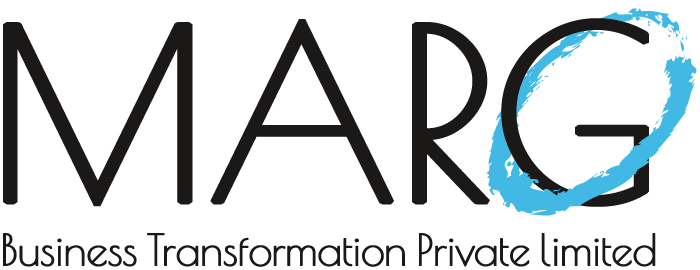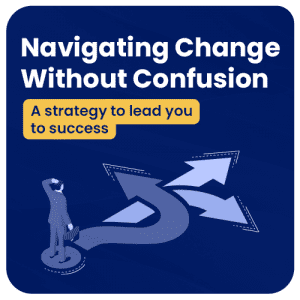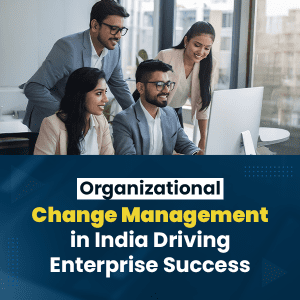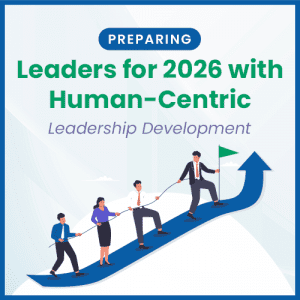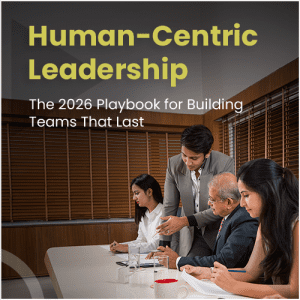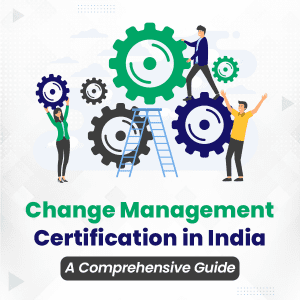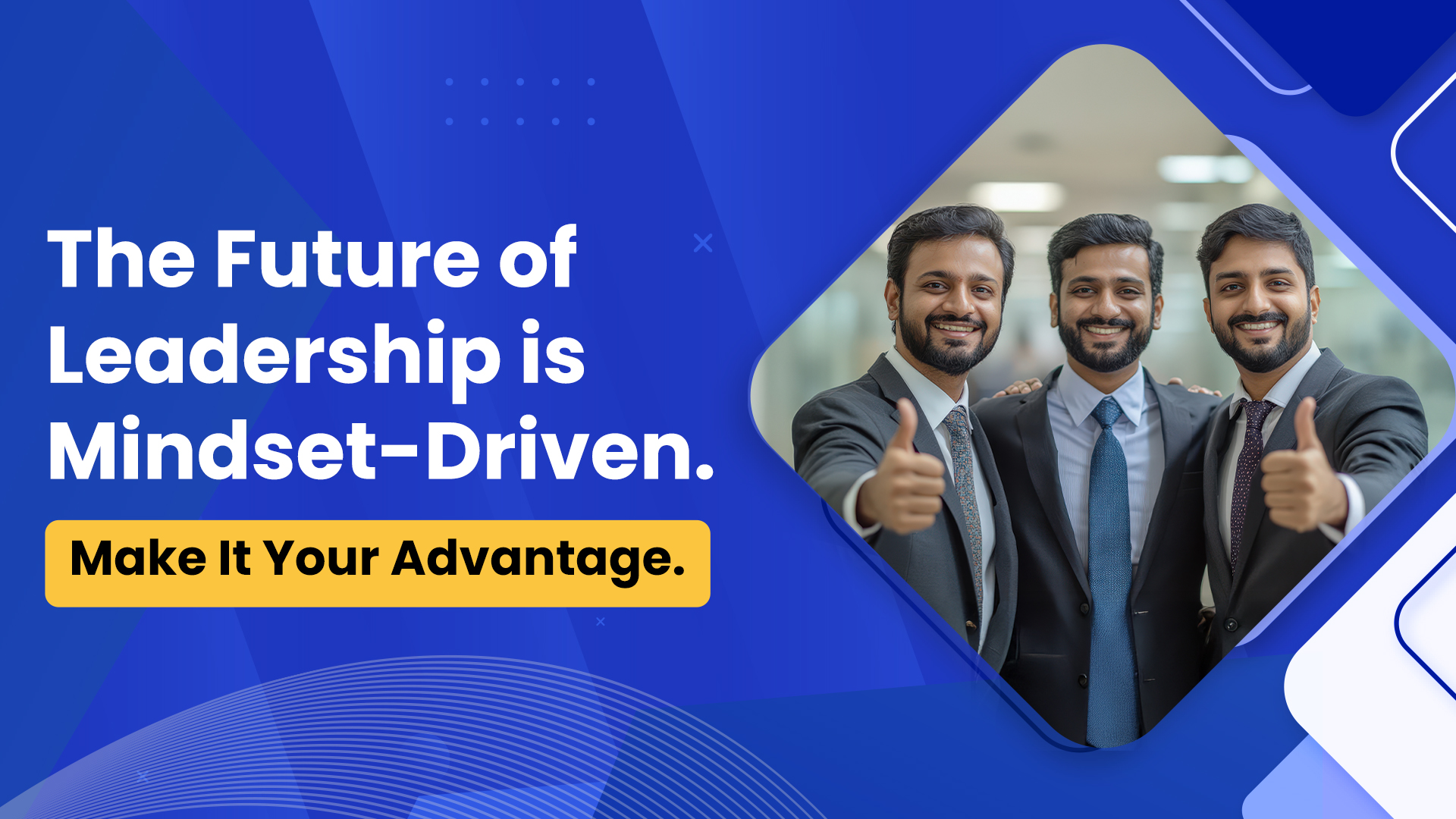
In 2025, change isn’t just constant—it’s compounding. AI, hybrid work, economic shifts, and generational expectations are all converging to reshape the future of leadership development. For organisations, the question isn’t “Should we train our leaders?” It’s “Can we afford not to?”
At MARG, we believe the answer lies in understanding how your people think, behave, and lead— which is possible only through the lens of Emergenetics. Traditional leadership models aren’t cutting it anymore. Leaders today need more than just authority. They need adaptability, empathy, and self-awareness to lead diverse teams through ambiguity. That’s what we are about to discuss in detail and reframing the conversation around leadership development—with Emergenetics Profiles at the core.
Let’s explore how—and why—2025 must be the year you rethink leadership development training.
The Silent Crisis: Untrained Leaders, Unengaged Teams
Did you know nearly 60% of new managers receive zero training when promoted? Some studies peg that number closer to 85%. That’s not just a missed opportunity—it’s a massive risk.
Imagine putting someone behind the wheel without ever teaching them to drive. That’s what happens when emerging leaders are handed responsibility without the knowledge to coach, communicate, or collaborate. And it shows—over 50% of supervisors are rated ineffective, and many leaders drastically overestimate the trust they’ve earned from their teams.
This is when by leveraging neuroscience-backed profiles that decode thinking and behavior preferences, organisations can personalise leadership development. Not all managers need the same rulebook—but they do need the self-awareness and insight to grow from their strengths and understand their blind spots.
What’s Changing in 2025—and Why You Can’t Ignore It
According to the World Economic Forum, the most in-demand leadership skills aren’t technical. They’re human. Skills like:
- Empathy & active listening
- Social influence & stakeholder management
- Agility in ambiguity
- Coaching & talent development
- Cognitive flexibility
These capabilities aren’t just “nice to have.” They drive engagement, retention, and profitability. Data from DDI shows that leaders equipped with high-impact skills are 2X more confident in uncertain environments and 3X more likely to retain top talent.
Emergenetics Profiles offer a roadmap to cultivate these traits by making individual preferences visible—and actionable. Whether you’re a structural thinker who thrives on logic, or a conceptual thinker who sees the big picture, you lead differently. Emergenetics helps you do it more consciously.
What’s Not Working: One-Size-Fits-All Training
Many current leadership programs focus on process, not people. They teach tools but ignore mindset. They address policies but overlook potential. And worst of all—they assume every leader is wired the same way.
That’s where Emergenetics changes the game.
At MARG, we don’t believe in off-the-shelf leadership development. We use Emergenetics Profiles to personalise the journey. For example:
- A manager with an assertive behavioral style may need help with inclusive decision-making.
- A leader with a social thinking preference may excel in team morale but struggle with data-driven prioritisation.
- Someone with a quiet expressiveness score may be a brilliant strategist—but needs coaching to share their vision confidently.
This isn’t theory. It’s targeted development that drives results.
Your 5-Step Game Plan to Rewire Leadership Development
Here’s how you can start designing a high-impact leadership journey in 2025:
1. Map the Now or Diagnose the Current State
Audit your current leadership programs. Are they building skills or just checking compliance boxes? Include coaching, handbooks, online modules, and informal resources.
Emergenetics Tip: Add a Profiles assessment to this audit—see where thinking and behavior diversity already exists within your leaders.
2. Mine the Data
Analyse past feedback, 360 reviews, exit interviews, and engagement surveys. Where are your biggest gaps? Where are the strengths?
Use insights from Emergenetics Profiles to dig deeper. Do people feel psychologically safe? Are different thinking styles being included in decision-making?
3. Define Future-Ready Skills
Anchor your curriculum in what the future demands. Think less about managerial checklists and more about emotional intelligence, coaching capability, and systems thinking.
Emergenetics can help you develop both the mindset and the methodology your leaders need to grow.
4. Design by Preference, Not Default
Use your data and Profiles insights to align content with real human needs. Teach communication styles, feedback delivery, resilience training, and coaching—through a lens of cognitive and behavioral diversity.
A team with strong analytical thinkers may need to practice emotional reflection. Social thinkers might benefit from frameworks to give more direct feedback.
5. Roll It Out, With Realism
Change takes time. Set realistic implementation phases. Tie initiatives to strategic goals—and revisit Emergenetics insights quarterly to keep evolving.
The Bottom Line: Leadership Is Personal. Training Should Be Too.
Leaders aren’t born—they’re built. And the best way to build them is by understanding how they’re wired to think, relate, and grow. That’s the power of Emergenetics.
By investing in personalised leadership development powered by Emergenetics Profiles, your organisation doesn’t just prepare for transformation. You lead it.
Want to see how MARG transforms leadership mindsets through Emergenetics?
Let’s start your journey toward smarter, more human leadership.
? Connect Now to discover how we help to power your leadership evolution.
